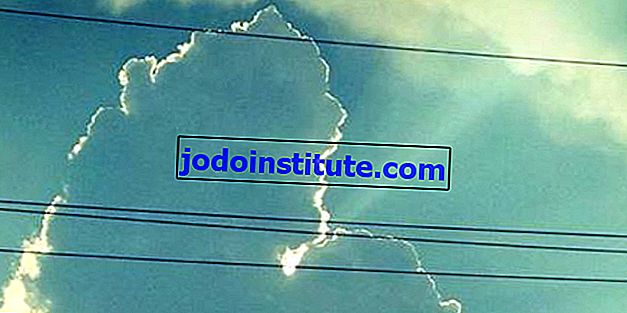Public administration
Public administration, the implementation of government policies. Today public administration is often regarded as including also some responsibility for determining the policies and programs of governments. Specifically, it is the planning, organizing, directing, coordinating, and controlling of government operations.
Public administration is a feature of all nations, whatever their system of government. Within nations public administration is practiced at the central, intermediate, and local levels. Indeed, the relationships between different levels of government within a single nation constitute a growing problem of public administration.
In most of the world the establishment of highly trained administrative, executive, or directive classes has made public administration a distinct profession. The body of public administrators is usually called the civil service. In the United States and a few other countries, the elitist class connotation traditionally attached to the civil service has been either consciously abandoned or avoided, with the result that professional recognition has come slowly and only partially.
Traditionally the civil service is contrasted with other bodies serving the state full time, such as the military, the judiciary, and the police. Specialized services, sometimes referred to as scientific or professional civil services, provide technical rather than general administrative support. Traditionally, in most countries, a distinction is also made between the home civil service and those persons engaged abroad on diplomatic duties. A civil servant, therefore, is one of a body of persons who are directly employed in the administration of the internal affairs of the state and whose role and status are not political, ministerial, military, or constabulary.
In most countries the civil service does not include local government or public corporations, such as, in the United Kingdom, the National Coal Board. In some countries, however—particularly those unitary states in which provincial administration is part of the central government—some provincial staffs are civil servants. In the United States, all levels of government have their own civil services, federal, state, and local, and a civil service is specifically that part of governmental service entered by examination and offering permanent tenure.
特定の特性はすべての公務員に共通です。上級公務員は、国家政策を策定する人々の専門アドバイザーと見なされています。一部の国では、会計、経済学、医学、工学などの技術分野で、より高い公務員としての資格を得るための資格が求められます。他の国では、法的訓練は適切であると見なされ、他の国では、上級職の候補者の間で特定の技術的または学問的な規律は必要ありません。上級公務員は、その正確な資格が何であれ、広報の経験が、州の政策を効果的にするための限界と、さまざまな行動方針の予想される行政結果についての知識を彼らに提供すると考えられているという意味で専門家です。すべての国の公務員は、州の政策に責任を負う人々に助言、警告、支援を行い、それが決定したら、それを実施するための組織を提供することが求められます。政策決定の責任は、幹部の政治的メンバー(政府、そして通例、キャリアの公務員に政治的指示を与えるために選出または任命されたメンバー)にあります。慣習により、公務員は彼らの助言に対する公共の非難または非難から保護されます。しかし、彼らの行政の行為は特別な司法規制の対象となる可能性があり、そこから幹部のメンバーはそれらを守ることができません。政策決定の責任は、幹部の政治的メンバー(政府、そして通例、キャリアの公務員に政治的指示を与えるために選出または任命されたメンバー)にあります。慣習により、公務員は彼らの助言に対する公共の非難または非難から保護されます。しかし、彼らの行政の行為は特別な司法規制の対象となる可能性があり、そこから幹部のメンバーはそれらを守ることができません。政策決定の責任は、幹部の政治的メンバー(政府、そして通例、キャリアの公務員に政治的指示を与えるために選出または任命されたメンバー)にあります。慣習により、公務員は彼らの助言に対する公共の非難または非難から保護されます。しかし、彼らの行政の行為は特別な司法規制の対象となる可能性があり、そこから幹部のメンバーはそれらを守ることができません。
公務員は、標準的な階層構造のラインで編成され、コマンド構造は、ピラミッド形式で最下位のオフィスから最上位のオフィスへと上昇します。このコマンドは、上司の合法的な命令に従うことを意味し、このシステムを維持するために、オフィスの階層は、明確に定義された義務、特定の権限、および給与と特権が客観的に評価された固定位置によってマークされます。一部の国では、以前はサービスに雇用されていなかった人の上級職に直接指名される可能性がありますが、それでも、認められた内部昇進システムは階層ピラミッドの性質を強調しています。
この記事では、歴史を通じての行政の成長と、さまざまな政治システムの下でのその発展について説明します。行政法と官僚機構の問題に特別な注意が払われている。行政に不可欠なテーマの議論については、政府の経済政策を参照してください。行政が運営するさまざまな体制の詳細については、政治制度を参照してください。



